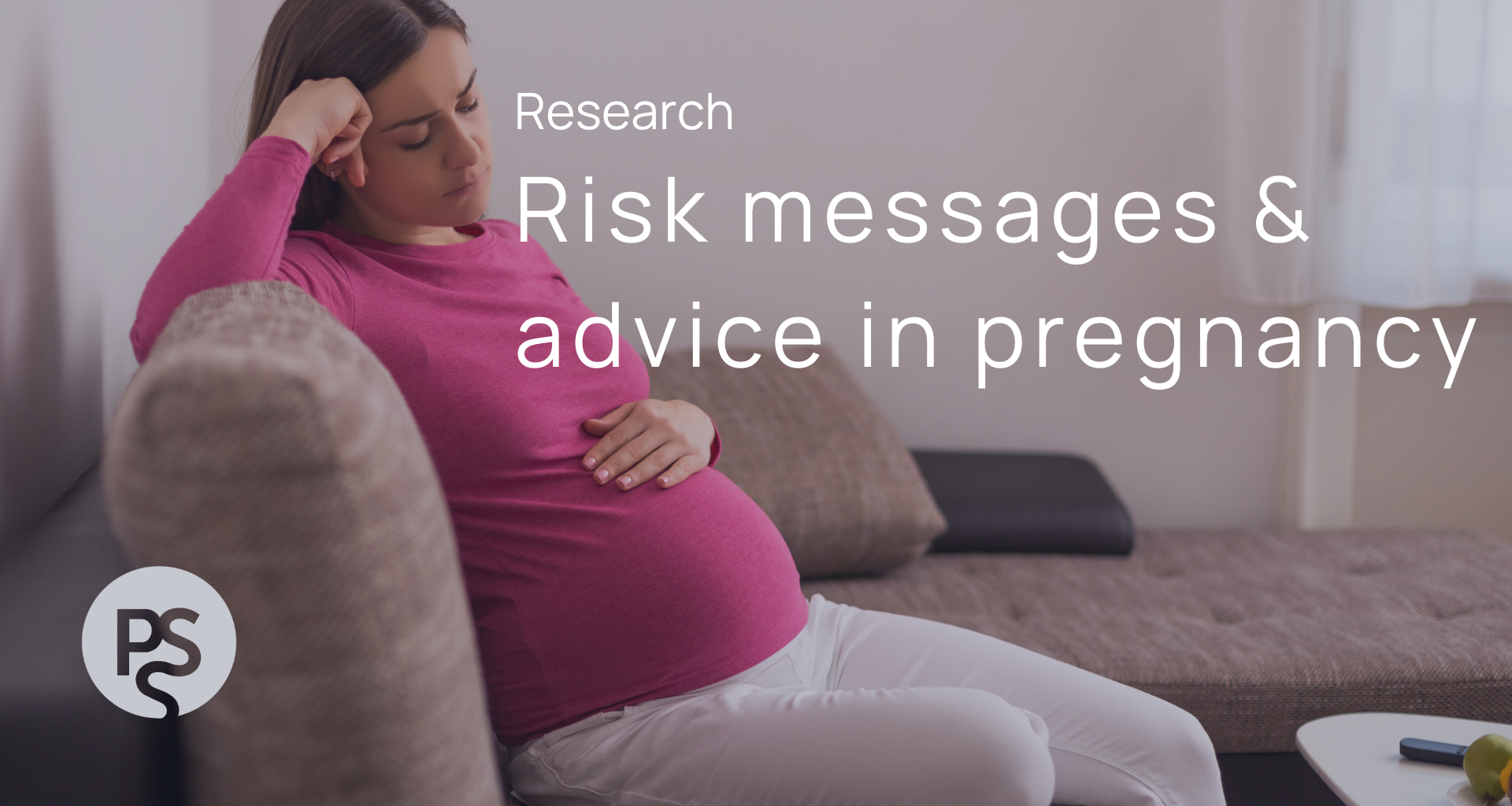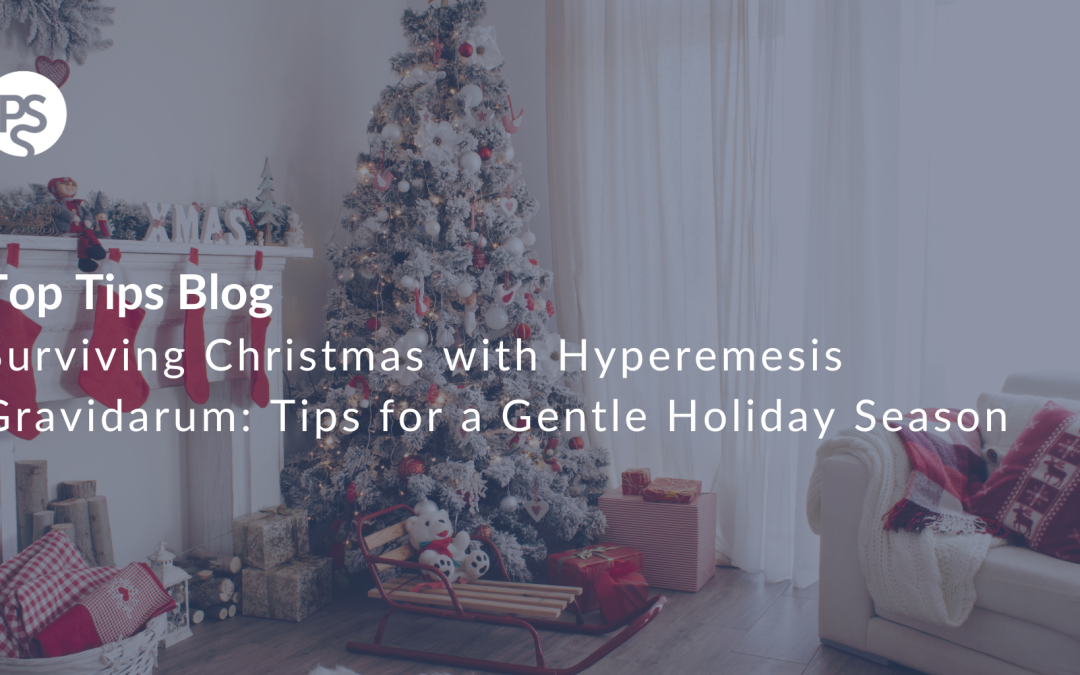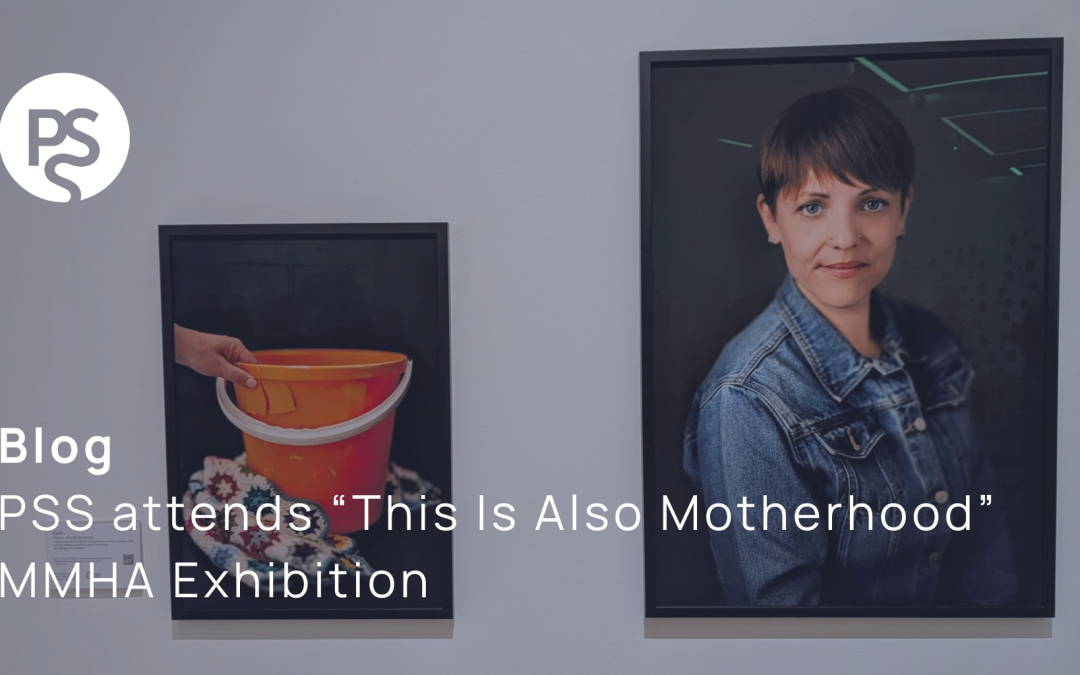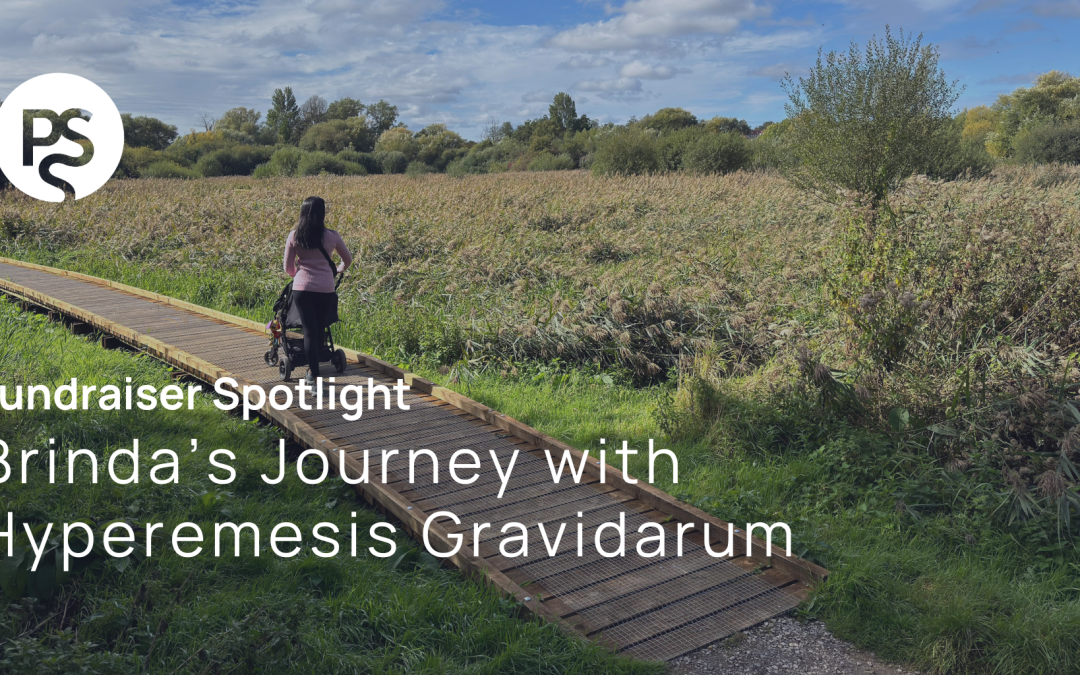Navigating pregnancy health advice can be overwhelming for many women, particularly due to conflicting messages and issues of trust and autonomy in the healthcare system. The WRISK Voices study, conducted in the UK, aimed to delve into women’s lived experiences with pregnancy-related risk messages and public health advice across various demographics, including women with higher BMIs, those dealing with medication decisions, and younger women.
Key Findings
-
Diverse Sources of Information: Women received health advice from healthcare providers, social media, mainstream media, family, and friends. Often, these sources provided contradictory information.
-
Communication Preferences: Women desired a balance between precautionary advice and evidence-based information. They reported discrepancies in the topics covered, often feeling they needed more advice in certain areas.
-
Autonomy and Trust: Many women felt their autonomy was challenged by the way information was delivered. Younger women and those with higher BMIs reported experiences of stigmatisation in their maternity care.
-
Individualised Care: The study highlighted the need for risk communication that respects women’s autonomy and provides a layered approach. Some women preferred precautionary advice without detailed discussion, while others wanted comprehensive information.
Conclusion
The WRISK Voices study underscores the importance of respectful, evidence-based risk communication in maternity care. Improving trust, reducing stigma, and providing individualised care can enhance women’s experiences and engagement with healthcare services.
At Pregnancy Sickness Support we champion the need for healthcare providers to provide patient centred care – enabling women and birthing people the choice to explore risks and weigh them against the benefits.
Adopting genuine and evidenced-based conversations with Hyperemesis sufferers in particular will reduce scaremongering particularly around medication and treatment options.
For more detailed information, you can read the full study here.




